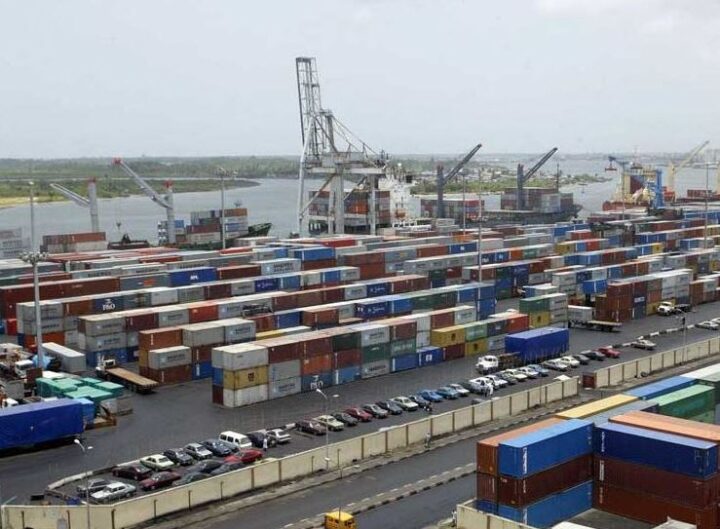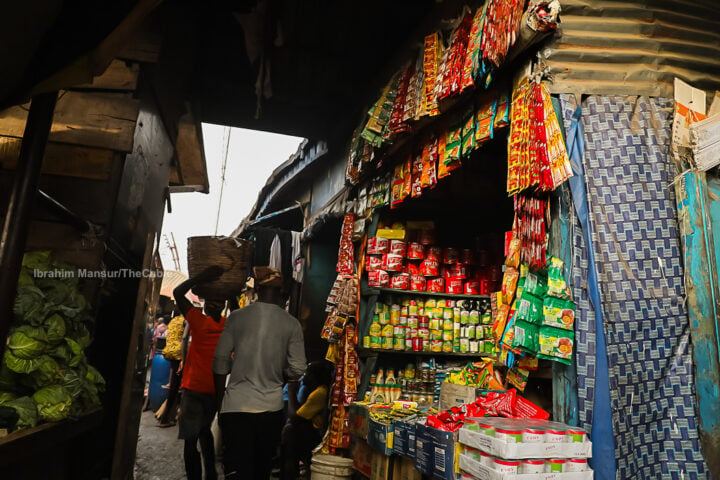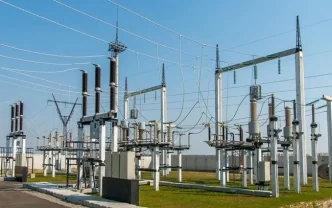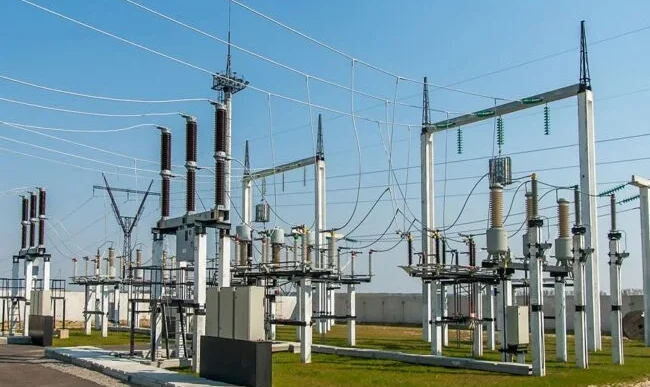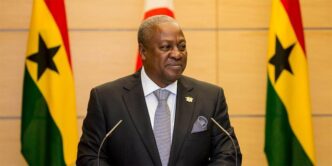The federal government has called for stronger engagement from African trade ministers to tackle persistent non-tariff barriers that could undermine the success of the African Continental Free Trade Area (AfCFTA) agreement.
On April 14, Nigeria formally gazetted its ECOWAS schedule on tariff offers under the agreement, waiving taxes on 90 percent of goods traded in Africa.
In a statement on Tuesday, the federal government said the schedule of tariff concessions, which outlines Nigeria’s tariff offers for trade in goods, has been transmitted to the AfCFTA secretariat — “a key milestone in the country’s implementation of the landmark trade deal”.
Highlighting the implications of the tariff offer, the federal government said gazetting of the document is expected to yield significant benefits, including boosting economic growth and job creation by reducing trade barriers.
Advertisement
“This will strengthen regional integration and trade relations through enhanced economic ties, and supporting Nigerian SMEs by lowering costs and encouraging market expansion,” the statement reads.
“Furthermore, Nigeria’s commitment to AfCFTA implementation makes it an attractive destination for foreign and intra-African investment, reinforcing its role as a trade hub in West Africa.
“However, stronger engagement is required from African Trade Minsters to address other types of barriers, including non-tariff barriers that could hinder market access.
Advertisement
“Additionally, improving productive capacity and ensuring compliance with international standards remain imperative to maximize the benefits of AfCFTA.”
Commenting on the development, Jumoke Oduwole, minister of industry, trade and investment, said the move reflects Nigeria’s readiness to fully participate in intra-African trade.
However, she emphasised that deeper collaboration among African countries is essential to eliminate other barriers that continue to obstruct trade across the continent.
Speaking on the broader impact of the agreement, Oduwole said the AfCFTA offers Nigerian businesses, particularly micro, small and medium entrepreneurs (MSMEs), youth-led, and women-led enterprises, the opportunity to expand beyond the country’s borders and access the wider African market.
Advertisement
